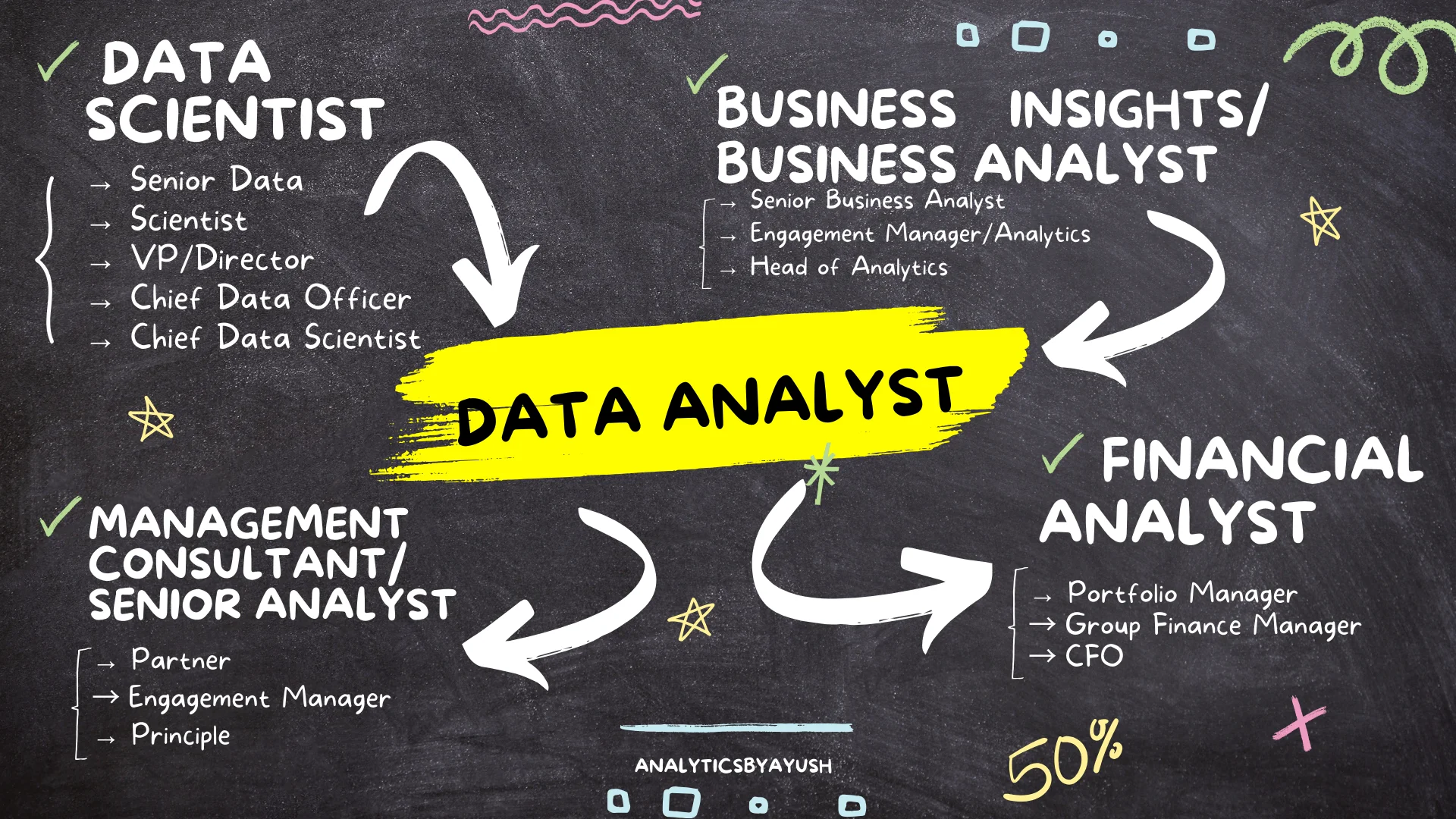Introduction
Hey there! Ever wondered what it’s like to be a data analyst? I’m here to break it down for you. Being a data analyst is all about diving into heaps of information and finding the stories hidden within. It’s a job that’s in demand, and I’m going to guide you through the basics of what it takes to become one.
Data Analysts: Unveiling the Role
Data analysts are experts who decipher extensive datasets, uncover patterns, predict trends, and extract valuable insights crucial for informed decision-making. The demand for proficient data analysts across diverse sectors, including finance, marketing, healthcare, and retail, is surging. This demand translates into competitive salaries and benefits even for entry-level professionals.
Navigating the Qualifications
Educational Pathways: You don’t need a rocket science degree, but a strong background in math or statistics helps. Many colleges offer special courses in data analysis. Plus, there are loads of online courses if you prefer learning from home.
You need to be good with numbers and be organized. Presenting your findings is crucial, so working on your communication skills is a must. Data analysts possess a versatile skill set encompassing statistical proficiency, numerical acumen, and adept data management.
Strong presentation abilities are imperative as analysts regularly communicate their findings to stakeholders. Organizational prowess and multitasking capabilities are vital for handling diverse data programs and flows.
While it’s great to have some experience, having a good academic record is often more important. Employers love to see that you’ve excelled in math-related subjects.

Diverse Career Paths
There are many roads you can take as a data analyst:
- Business Analyst: Analyzing sector-specific data.
- Management Reporting: Communicating data insights to management.
- Corporate Strategy Analyst: Advising on company-wide strategic decisions, including mergers and acquisitions.
- Compensation and Benefits Analyst: Analyzing employee compensation and benefits data in HR departments.
- Budget Analyst: Focusing on budget analysis and reporting.
- Insurance Underwriting Analyst: Analyzing diverse data for insurance plan decisions.
- Actuary: Creating probability tables and risk forecasts for insurance companies.
- Sales Analytics: Optimizing the sales process through data analysis.
- Web Analytics: Analyzing web-related data comprehensively.
- Fraud Analytics: Monitoring and analyzing fraud data for detection and prevention.
- Credit Analytics: Applying analytics in credit reporting, lending risk, and analysis.
- Machine Learning Analyst: Engaging in various machine learning aspects, from data preparation to result analysis.
Job Outlook
Data analysis jobs are not only well-paying but also on the rise. Entry-level jobs can pay really well, and as you gain experience, your paycheck can grow too. The demand for data analysts is high and keeps getting higher.
Challenges and Rewards
Is it easy? Well, it depends on your interest and background. Some find it easy, while others need to work hard. But the cool part? You don’t necessarily need a degree. Certifications and experience can often land you the job you want.
Conclusion
Being a data analyst is like being a detective in the digital world. It’s exciting, challenging, and super important for businesses. Whether you love crunching numbers or finding hidden trends, this field has something for everyone. So, if you’re into data and love uncovering secrets, being a data analyst might just be your ideal job!